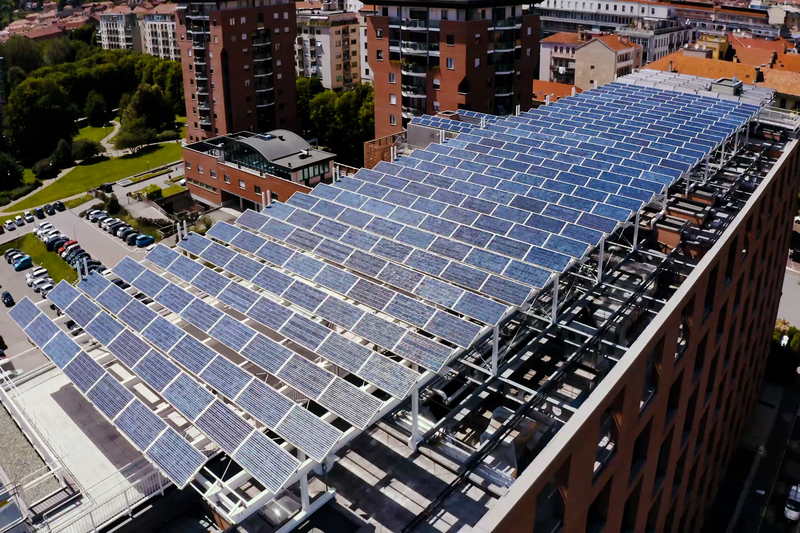Environment and Sustainability: Sella writes off the impact of CO2 emissions

Carbon neutrality is a goal that more and more countries and companies are striving to achieve to combat climate changes underway. The target is to get there globally by 2050 to meet the goals of the Paris Climate Agreement of 2015. For this reason, at a time of extensive transition and attention to these issues, it is of the utmost importance that more and more actors implement actual initiatives that may reduce their environmental impact.
In this context, the Sella group has written off the impact of CO2 emissions ahead of its plan set for 2024, thanks to the implementation of already effective sustainable initiatives aimed at reducing its carbon footprint and the current emission mitigation plan.
Achieving this target as part of the Sella Sustainability Strategic Plan, was also the result of joining the "Zero Impact" project of Lifegate aimed at significantly mitigating the environmental impact of Group companies and offsetting residual, unavoidable emissions. This project supports internationally certified initiatives to absorb CO2, protect the environment, promote the circular economy and support local communities.
Starting from 2020, the Sella Group has also launched the "Sustainability Project" with the dual objective of constantly improving its social and environmental performance and being the promoter of a sustainable economy, supporting its customers in the transition process to an effective ESG-impact economy.
Sella is thus among the first groups in Italy in the banking and financial sector to reach the so-called "carbon neutrality". The path to achieving "carbon neutrality" started with an in-depth analysis of CO2 emissions based on those produced by the Sella group in 2019 before the COVID-19 health emergency required the rethinking of working methods through the use of smart working and remote relations, which resulted in lowering the emissions. This measurement quantified the annual production of the Group in Italy and abroad as approximately 13 thousand tons of CO2 equivalent.
The intervention, concerning CO2 emissions produced from now to the next three years, involves specific areas of application: direct emissions and emissions attributable to activities within the company (such as gas consumption for heating or fuelling the company fleet); indirect emissions from the internal energy consumption of buildings (such as purchased electricity) and other indirect emissions related to corporate activities (such as those concerning the business transfers of employees or the purchase of office equipment and devices).
The main environmental sustainability initiatives of the Sella group
For several years now, the Group has decided to move towards more energy-efficient and environmental-friendly solutions. (read the detailed article).
The headquarters in Biella, in particular, were built following modern criteria of eco-sustainability and reduction of the environmental impact. In addition, the S32 building in Milan, which houses the Fintech District community, has obtained the LEED (Leadership in Energy and Environmental Design) "Platinum" certification.
Starting from 2020, the Sella Group has also launched the "Sustainability Project" with the dual objective of constantly improving its social and environmental performance and being the promoter of a sustainable economy, supporting its customers in the transition process to an effective ESG-impact economy.
The LifeGate "Zero-Impact" project
The Sella group has chosen the LifeGate "Zero Impact" project (read the detailed article about LifeGate's projects) to implement the three-year process of reducing its carbon footprint and offsetting CO2 equivalent emissions. The protection of growing forests, and the development of energy efficiency and renewable energy production projects, made it possible to counterbalance unavoidable residual CO2 emissions under the Kyoto Protocol.
The Sella group through the purchase of carbon credits is already supporting three specific initiatives certified by international bodies in Europe, Africa and Central America, and specifically in Romania, Zimbabwe and Guatemala.